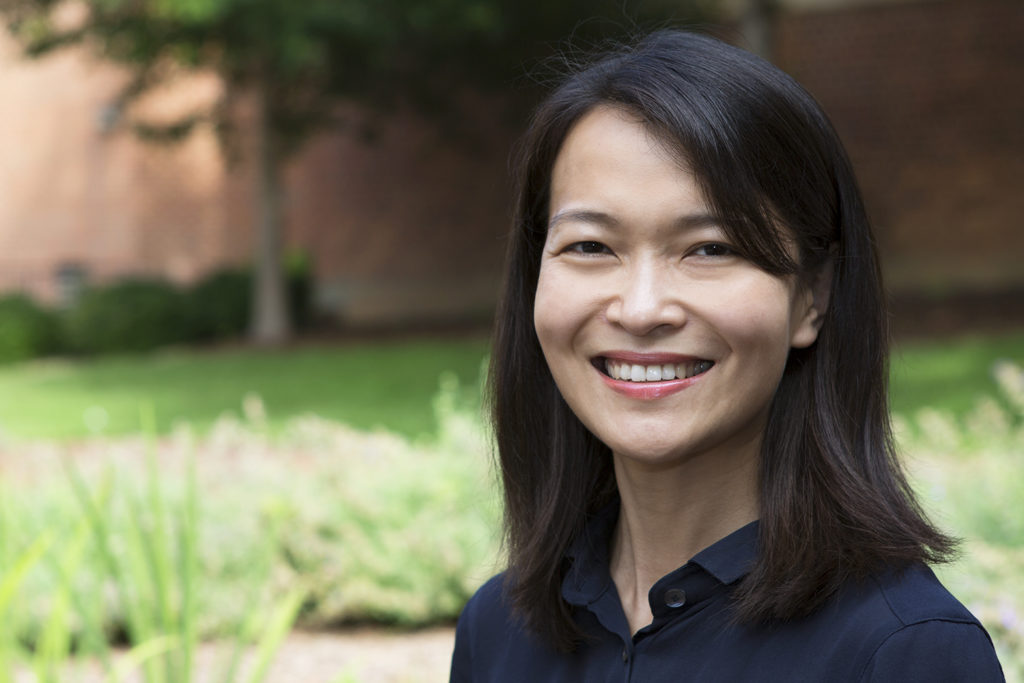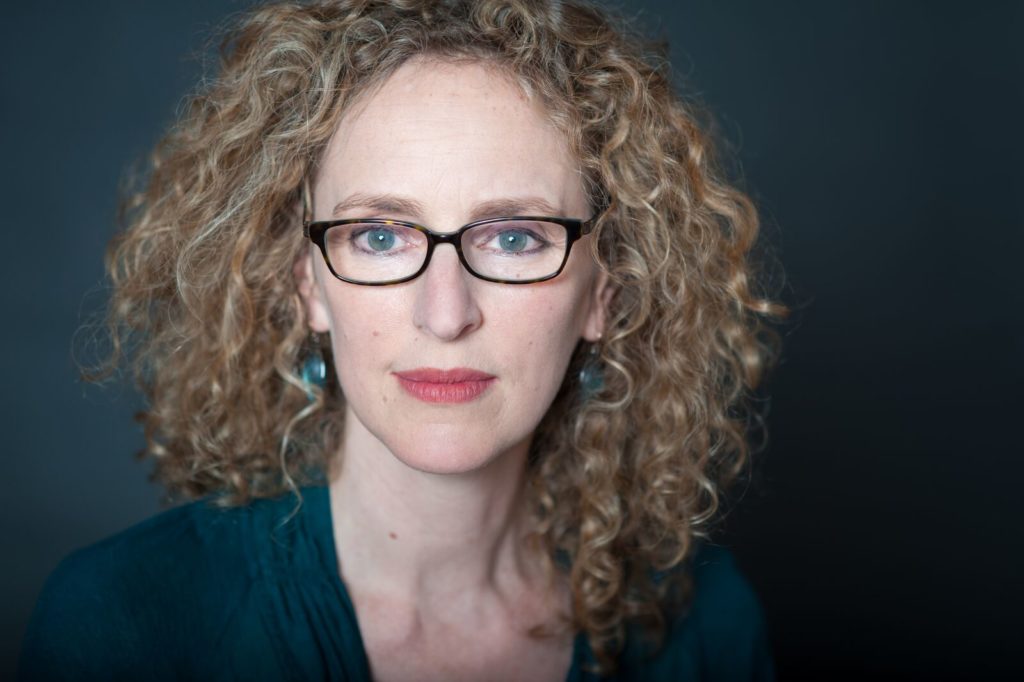With $5 million in support from the John S. and James L. Knight Foundation, Carolina will establish the Center for Information, Technology, and Public Life.
For the first time, social media surpassed newspapers as a news source for Americans last year. Nine in 10 Americans say they get at least some of their news digitally, and U.S. consumers are expected to spend more time looking at their mobile devices than at their televisions by the end of the year.
What does that mean for the way we make sense of the world? A new center at the University of North Carolina at Chapel Hill wants to find out.
With $5 million in support from the John S. and James L. Knight Foundation, Carolina will establish the Center for Information, Technology, and Public Life. Drawing on some of the world’s leading experts in information science, media and journalism, communication and law, CITAP will answer defining questions about the changing nature of society and politics in the digital age.
The new funding is part of a broader Knight Foundation initiative that is investing nearly $50 million for research around technology’s impact on democracy. The center’s charge to produce empirical research on these topics for the first time is a critical step forward for democracy in the digital age, Knight Foundation President Alberto Ibargüen said in a press release about the organization’s investment.
“The internet has changed our lives and is changing our democracy. We have to take a step back and a step forward,” said Ibargüen. “To understand what is actually happening, we need independent research and insights based on data, not emotion and invective. To go forward, citizens must be engaged, and including university communities in the debate is a step in that direction.”
An additional $750,000 contribution from Luminate and $600,000 from the William and Flora Hewlett Foundation will expand the center’s impact and better position our students, and society, to be discerning information consumers.
“We’re in a time where anyone can create information and put it out on the internet. Conspiracy theories, hoaxes, rumors, fake news — these things are all rampant,” said Alice Marwick, assistant professor of communication in the College of Arts & Sciences and one of four faculty members leading the center.
Think about the last time you saw a news article on Facebook. How did you decide whether it was credible? Did your friends’ reactions to the articles sway your opinion on the topic? Have you researched a product on your computer and then been surprised when ads for similar items popped up on your phone?
The implications of these technologies and tactics might be easy to dismiss when a company is selling shoes or movie tickets, but does it become more troubling when they are deployed by political groups or governments?
“These are complicated problems,” said Gary Marchionini, dean of the School of Information and Library Science and principal investigator for CITAP, “so if we’re not looking at it through the lenses of sociology and psychology and technology, then we’re going to miss things.”
That’s why CITAP will combine a variety of disciplines and research methods to understand digital media’s impact on people, communities and social systems.
“We have one of the most prominent groups of scholars who have been working on digital media and politics issues over the last decade, all together at one university,” said Daniel Kreiss, an associate professor in the School of Media and Journalism. “We want to make research-informed recommendations for what platforms can do differently, for how government should approach regulation and ultimately what citizens can do.”
CITAP faculty members will share their research with policymakers, journalists, tech companies and citizens, allowing Carolina to act as a leading hub for information on emerging technologies and artificial intelligence.
The center will also give students valuable insights into emerging fields and prepare them to critically analyze information as technology evolves.
“We need new technological and political solutions,” said Zeynep Tufekci, associate professor in the School of Information and Library Science. “We can definitely keep most of the conveniences and possibilities of the digital world and keep our privacy, but there has to be regulation, innovation and effort to get there.”
By Emilie Poplett, University Communications




